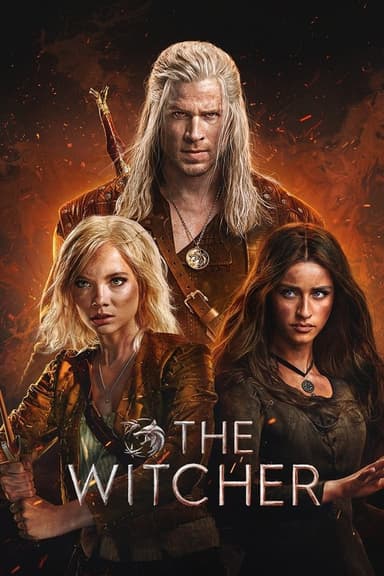
Creature
2023 • Drama, Sci-Fi & Fantasy • TV-MA
When tragedy befalls a reckless scientist in Ottoman-era Istanbul, his student uses untested methods to finish his work — with devastating consequences.
Why you should read the novel
Mary Shelley's 'Frankenstein' remains one of the most influential novels in literary history, offering a profound exploration of humanity, ethics, and creation that endures beyond adaptations. The novel's narrative, woven with philosophical questions and Gothic ambience, invites readers to immerse themselves in Victor Frankenstein’s tragic journey, as he grapples with the consequences of scientific hubris. By engaging directly with Shelley's text, readers experience the profound emotional and psychological struggles of both creator and creature, untouched by cinematic interpretations or contemporary reimaginings.
Reading 'Frankenstein' allows you to appreciate Shelley’s rich, lyrical prose and the historical context she inhabits, illuminating the moral uncertainties of her era while inviting reflection on similar dilemmas today. The novel’s introspective style grants insight into each character’s inner life, anxieties, and motivations—elements that film and television often condense or overlook. Through Shelley's voice, the original themes of isolation, acceptance, and the dangers of unchecked ambition are brought to life in a uniquely personal way.
While adaptations such as 'Creature' offer a visual and localized retelling, nothing matches the intellectual and emotional depth found in the source material. Shelley's masterpiece is not only a captivating tale but a meditation on scientific discovery and its repercussions, making it essential reading for those seeking a deeper, more nuanced understanding than any adaptation can provide.
Adaptation differences
One of the most notable differences between 'Creature' (2023) and the original novel 'Frankenstein' is the setting. While Shelley's novel takes place across Europe in the early 19th century, moving from Geneva to the Arctic, the series relocates the story to Ottoman Istanbul in the late Ottoman period. This change introduces new cultural, social, and historical contexts that fundamentally alter the story’s atmosphere and themes, imbuing it with local color and a distinct sense of identity. The adaptation explores issues and anxieties specific to the society and time period it portrays, diverging from Shelley's Enlightenment-era philosophical questions.
Another significant departure is the characterization of the main figures. In Shelley's novel, Victor Frankenstein is a troubled scientist and the creature is portrayed with deep psychological complexity and a yearning for acceptance. In 'Creature,' the characters are reimagined to fit the Turkish context, with new names, backgrounds, and motivations that reflect the societal values and historical realities of the Ottoman Empire. The nature of scientific inquiry, the concept of creation, and the dynamics of power and responsibility are recast through a non-Western lens.
The narrative structure also diverges considerably. Shelley's 'Frankenstein' is an epistolary novel, utilizing a multi-layered narrative with letters and shifting perspectives, which immerse readers in the inner turmoil of both Victor and the creature. 'Creature,' on the other hand, adopts a more linear and visually-driven storytelling approach, emphasizing action, suspense, and dramatization over introspection and philosophical debate. This leads to a different pacing and tone, tailoring the story to contemporary viewing habits and expectations.
Lastly, the thematic focus shifts in the adaptation. While both works deal with ambition, loss, and isolation, 'Creature' incorporates specific anxieties pertinent to its own setting, such as the intersection of tradition and modernity in the Ottoman Empire. Some of Shelley’s philosophical concerns—namely the critique of Enlightenment rationality—are reframed or diminished, replaced by motifs and conflicts attuned to Turkish cultural heritage. This results in a work that stands as an homage to the original, yet diverges in ways that meaningfully reshape the story’s core messages.
Creature inspired from
Frankenstein; or, The Modern Prometheus
by Mary Shelley











